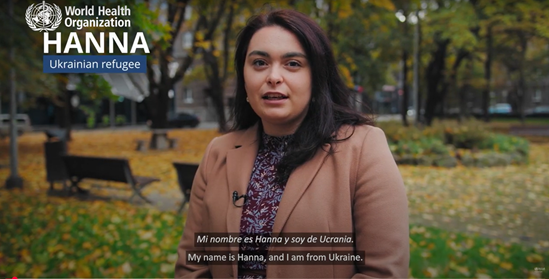Advocating for refugee and migrant health
WHO advocates for the right to the highest attainable standard of health for everyone, including refugees and migrants. This is in line with the 2030 Agenda for Sustainable Development in which countries pledged that “no one should be left behind”, in particular Sustainable Development Goal 3 on health, and Goal 10 on reducing inequalities within and among countries. Refugees and migrants should benefit from all of the efforts towards universal health coverage.
The WHO European Region hosts approximately 36% of the global international migrant population. One in 8 people in the WHO European Region is a refugee or a migrant. Refugees and migrants can be at risk of ill health in transit or in destination countries due to, for example, poor living conditions, restrictive migration policies, issues related to legal status, economic hardship and antimigrant sentiments as well as changes in lifestyle. Additionally, refugees and migrants often face many barriers to access the health care they need, such as limited access due to legal status; uncertainties about how to register in health systems; and a lack of translated health information.
WHO works together with countries and the other stakeholders involved to design common frameworks to provide accessible, quality healthcare services that are sensitive to the needs of refugees and migrants. These frameworks aim to ensure the implementation of a coherent and consolidated national and international response to the health needs of refugees and migrants in transit and destination countries.















